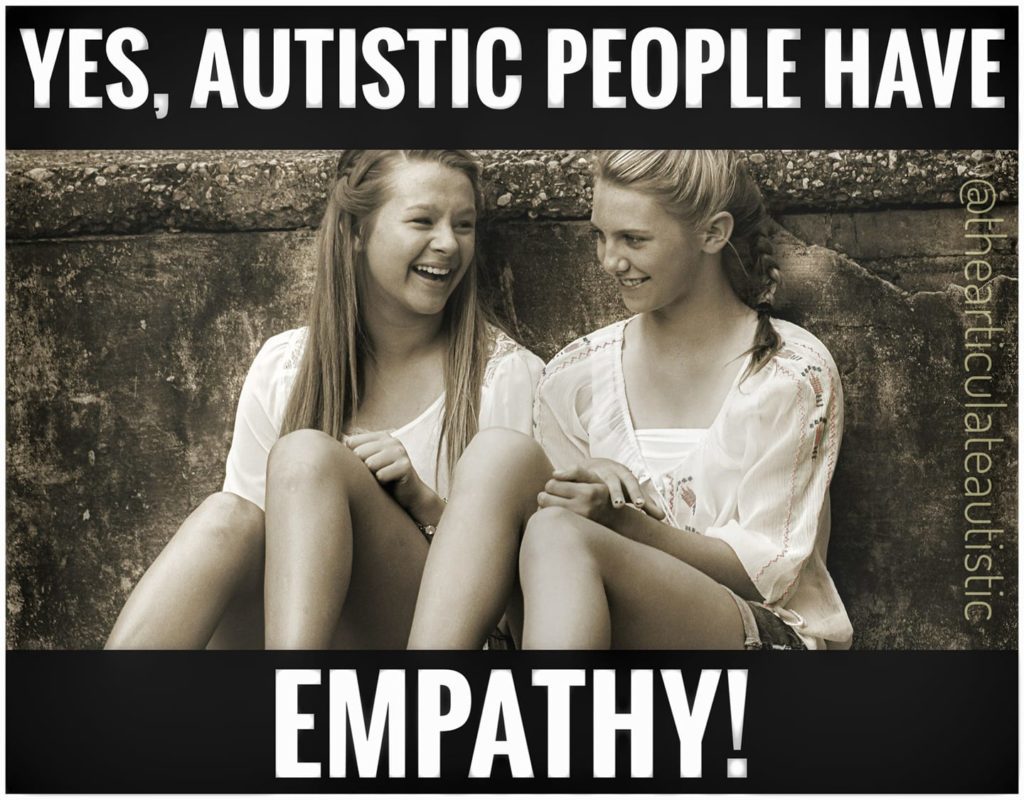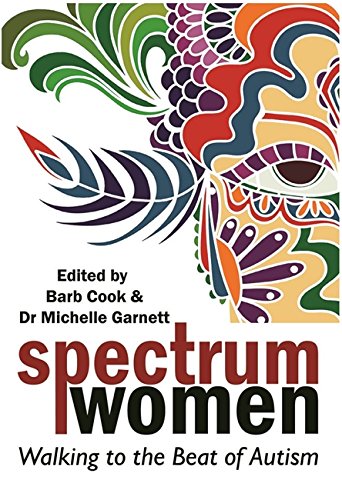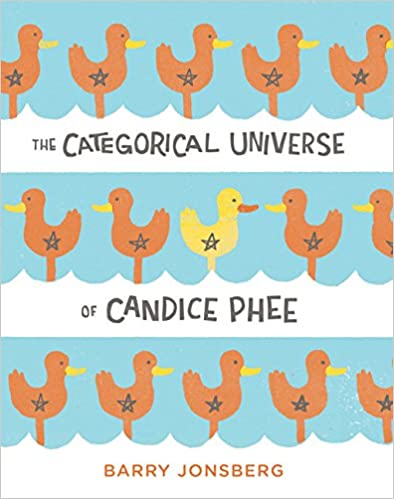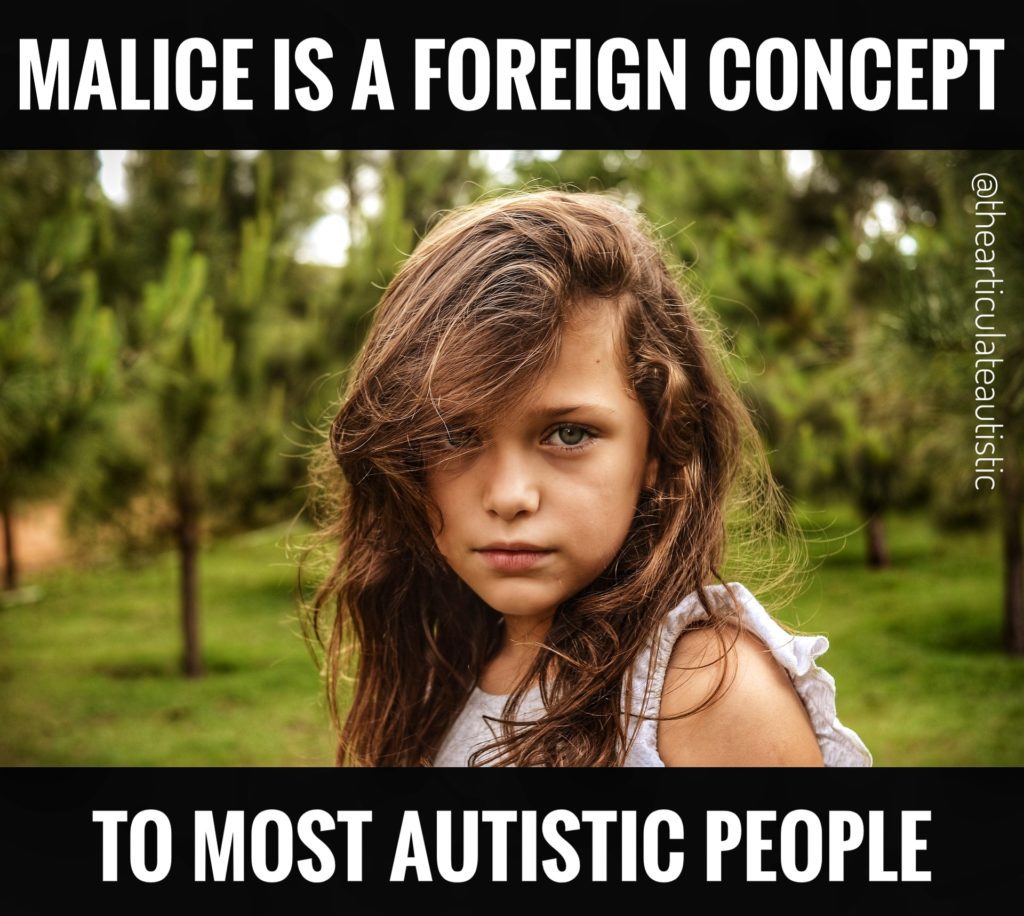Yes, Autistic People Have Empathy!

Apparently there is still some debate about this, and I want to try to clear it up once and for all:
Yes, autistic people have empathy!
In fact, many of us are empathic, which means we feel MORE empathy than neurotypical people.
Yep. You read that correctly, more.
For the longest time, NT people have believed that our lack of eye contact, staring off into space, going mute, and avoiding touch were all due to a severe lack of empathy.
No. That is 100% the opposite of the truth. Autistic people do those things because we experience sensory overload and, oftentimes, too much human contact can be overwhelming because of all the unfiltered emotions of others barreling through us at once.
That’s the thing. Autistic people are blunt because social filters don’t come pre-installed when we are born. Guess what else is true? There are no filters going the other way, either!
The brains of neurotypical (NT) people automatically filter out sensory information without the NT person having to put any thought or effort into it.
Autistic people, on the other hand, have to manually filter out background noise, lights, smells, tastes, etc., while we are interacting with anyone while still trying to actually absorb what you’re saying and, if we mask, nod, smile, and frown with concern in all the right places.
It. Is. Exhausting.
(Article continues below.)
The best way to improve communication with your autistic loved one is to understand how your autistic loved one’s mind works! Intentions, motivations, and personal expressions (facial expressions or lack thereof, body language, etc.), are often quite different in autistic people than they are in neurotypical people.
Experience a better understanding of your autistic loved one by reading books about life from an autistic perspective as well as stories that feature autistic characters. You’ll have so many “Ah ha!” moments and start seeing your autistic loved one in a different light (and you’ll have a better understanding of their behaviors, which you may have been misinterpreting up until now).
Books I recommend for a better understanding of your autistic loved one:
We may not be able to put ourselves in your shoes when you tell us about something that happened to you, so we may not respond in the way you expect, but we do feel the pain, joy, discomfort, etc., right along with you.
Many of us are highly sensitive, crying and sobbing with genuine and heartwrenching emotion from watching a news story or even a TV ad!
When I cry (and it is very often) you would think I’d just lost a close family member to a devastating illness, but it could be in response to a sacrifice made by a character on a TV show to save someone else, or the death of a character.
So, yes, I have empathy. So. Much. Empathy. I cannot watch the news most of the time because the horrors of this world would emotionally destroy me if I were to let them in.
Please try to remember this the next time an autistic person seems standoffish and disconnected, because that could honestly be when they are connecting with you the most.
Confused about your autistic loved one’s response to you or lack thereof? It’s a very common misconception that an autistic person will go out of their way to hurt someone’s feelings out of malice or lack of empathy. Click on the photo below to read my explanation of what’s really happening when an autistic person hurts your feelings without appearing to care.
Follow me on Instagram.
Want downloadable, PDF-format copies of these blog posts to print and use with your loved ones or small class? Click here to become a Patreon supporter!











This is great information it helps me understand my daughter better.
I’m so glad! 🙂
I’m struggling in my romantic relationship right now. I believe my partner has autism as well. (i recently graduated from 6 years of SLP school BA, MS-SLP, so ik for a fact that im on the spectrum and am pretty decent at detecting it in people). My partner and i had a huge fight recently that makes me question our compatibility. He knows i have autism but functions in a NT way. During our fight he said “i’m so sick of everyone being mad at me for the same reasons” and i’m like that should tell us there is a miscommunication somewhere. But when i delve deeper to see how his brain works, he tell me “i dont know” and I’m not sure how to move forward due to the fact that the relationship is now mimicking abuse due to my attempts to repair conversations and interactions. And lack of what i see as effort from my romantic partner. When he says he is trying really hard. So i guess two autistic people masking is the difficulty i’m having.
Hello, Alexa. I’m sorry you and your partner are struggling with communication. I know how difficult and frustrating that can be. My first thought on reading this is that your boyfriend might be alexithymic? Alexithymia can make it difficult to recognize one’s own emotions and even physical feelings. He may genuinely not know how his brain works or what problems he’s having. It seems that he’s had people reacting to him in ways he doesn’t understand over and over again, and you mentioning the same miscommunication is triggering his anxiety or trauma. Not that you shouldn’t advocate for your needs or try to understand, but that may be what’s happening. He isn’t sure why people are responding the way they are, and even though it keeps happening, he doesn’t fully grasp how to change it. He may need more details, more comparison explanations. I’m not sure. If you’d like, you can book a consultation with me (you and he or just you). I start with 15-minute free consults to see if we are a good fit and if I can actually help. Here is the link: https://calendly.com/thearticulateautistic/15-minute-fit-check-call. (I have availability again in the first few weeks of December.) 🙂